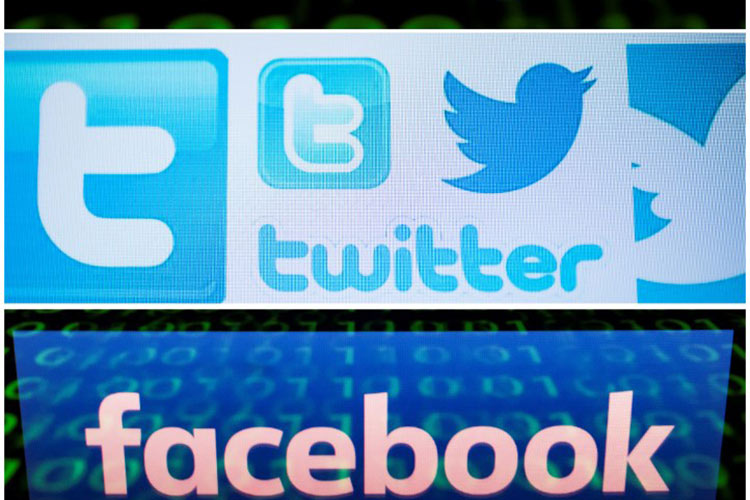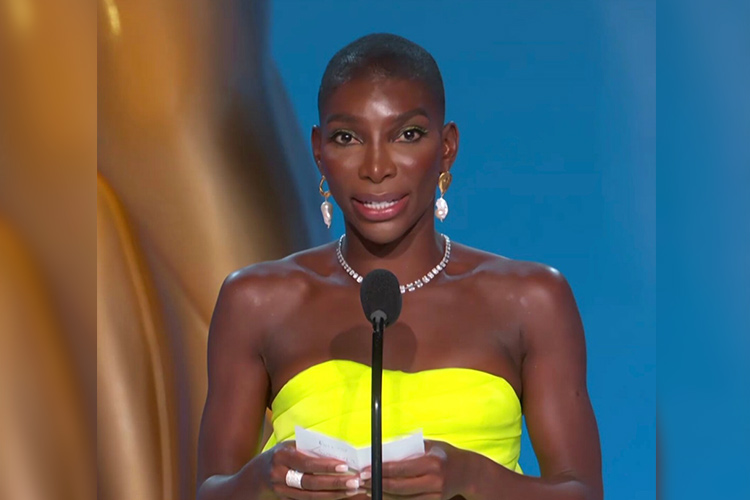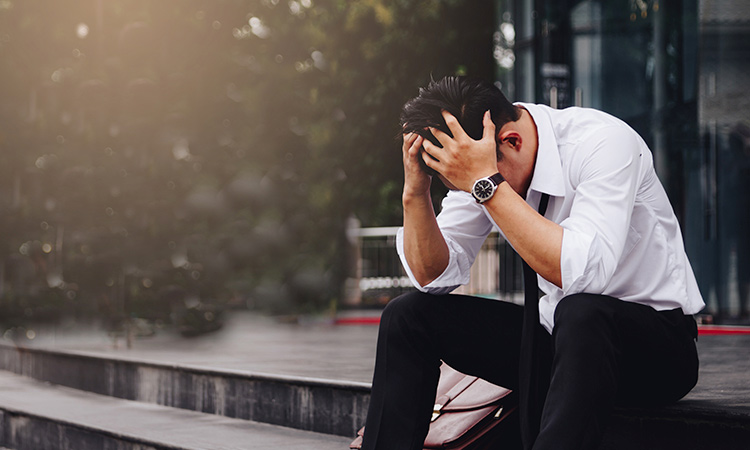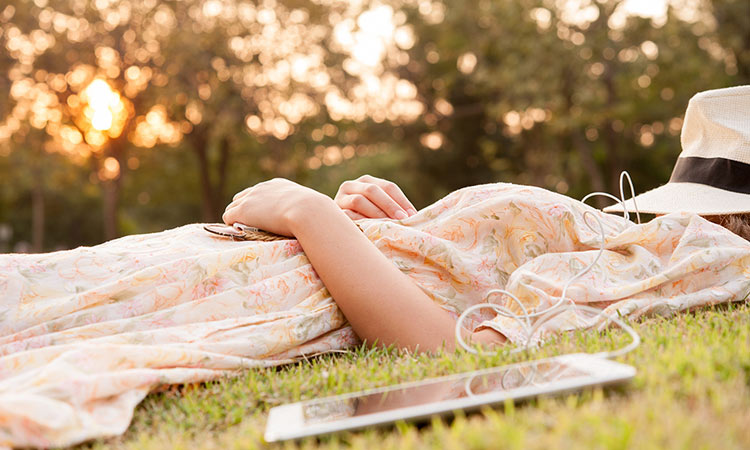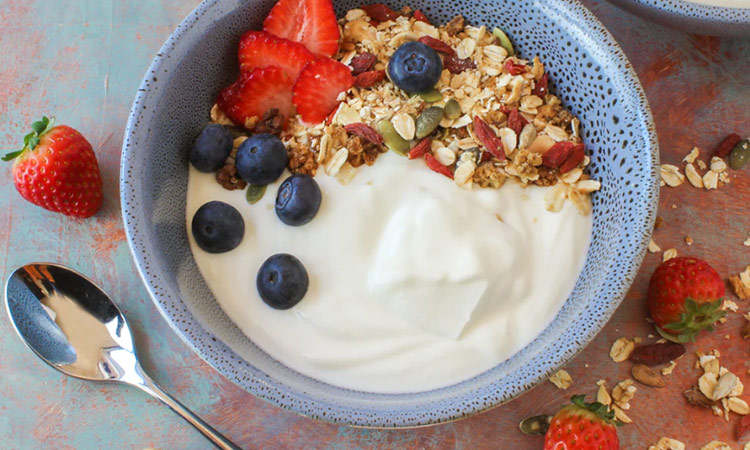Six ways social media negatively affects your mental health
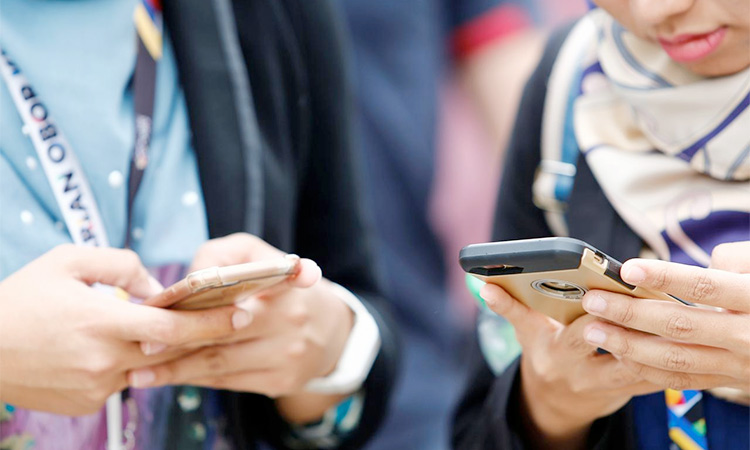
Photo has been used for illustrative purpose.
The rise of social media has meant that people are more connected than we have ever been in the history of time. But our reliance on social media can have a detrimental effect on our mental health, with the average Brit checking their phone as much as 28 times a day.
While social media platforms can have their benefits, using them too frequently can make you feel increasingly unhappy and isolated in the long run.
Here are six ways that social media could be negatively affecting your mental health without you even realising.
READ MORE
What to eat before bed if you want a good night's sleep and what to avoid
How to stay hydrated if you always forget to drink water
Nourish yourself with these 'fruitful' nutrients
Self-esteem
We all have our fair share of insecurities, some that we speak about openly and others that we prefer to keep to ourselves.
However, comparing yourself to others on social media by stalking their aesthetically perfect Instagram photos or staying up to date with their relationship status on Facebook could do little to assuage your feelings of self-doubt.
A study conducted by the University of Copenhagen found that many people suffer from “Facebook envy”, with those who abstained from using the popular site reporting that they felt more satisfied with their lives.
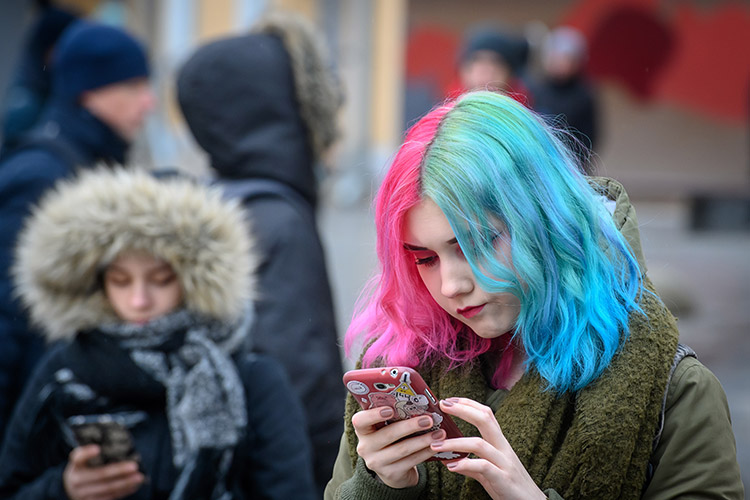
Human connection
As human beings, it’s so important for us to be able to communicate and forge personal connections with one another.
However, it can be hard to do so when we’re glued to rectangular screens, becoming more acquainted with our friends’ digital facades than their real-life personas.
A study published in the American Journal of Epidemiology that assessed 5,208 subjects found that overall, regular use of Facebook had a negative impact on an individual’s wellbeing.
Memory
Social media can be great for looking back fondly on memories and recounting how past events occurred.
However, it can also distort the way in which you remember certain tidbits from your life.
Many of us are guilty of spending far too much time trying to take the perfect photo of a visual marvel, all the while not actually absorbing the firsthand experience of witnessing it with your own two eyes.
“If we direct all of our attention toward capturing the best shots for our social media followers to admire, less will be available to enjoy other aspects of the experience in real time,” said Dr Bono.
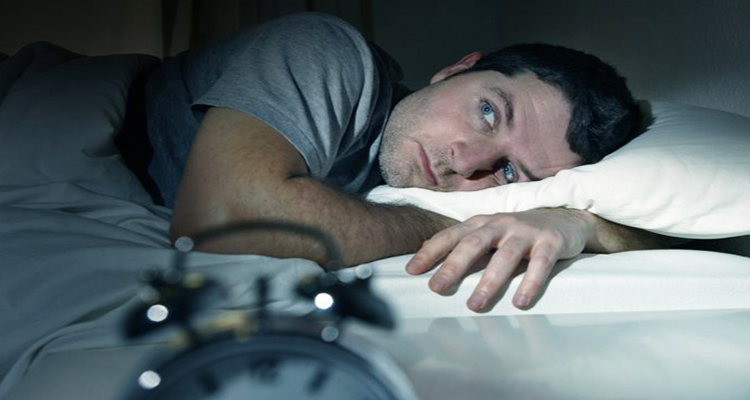
Sleep
Having enough sleep is of paramount importance.
However, many of us use our phones too soon before choosing the hit the hay, making it harder to doze off.
“Getting worked up with anxiety or envy from what we see on social media keeps the brain on high alert, preventing us from falling asleep,” explained Dr Bono.
“Plus, the light from our mobile device just inches from our face can suppress the release of melatonin, a hormone that helps us feel tired.”
Try setting yourself a strict rule of not going on your phone for at least 40 minutes to an hour before going to bed, and see if that makes a difference to the quality of your sleep.
Attention span
It’s not just your subconscious brain that you need to worry about, but also the extent to which your brain is able to fully concentrate when you’re awake.
While it’s incredible to consider the amount of information readily available at our fingertips thanks to social media, it also means that people have become far more easily distracted.
Mental health
Not only has social media been proven to cause unhappiness, but it can also lead to the development of mental health issues such as anxiety or depression when used too much or without caution.
In March 2018, it was reported that more than a third of Generation Z from a survey of 1,000 individuals stated that they were quitting social media for good as 41 per cent stated that social media platforms make them feel anxious, sad or depressed.
Ben Jacobs, a DJ who has more than 5,000 followers on Twitter, decided to go on a hiatus from the platform in January 2016 and has found the break really beneficial.
While you don’t necessarily have to quit social media for good, if you feel like it’s beginning to bog you down, why not consider allocating social media-free time slots during your daily routine? The slight change could do you a whole lot of good.
The Independent
